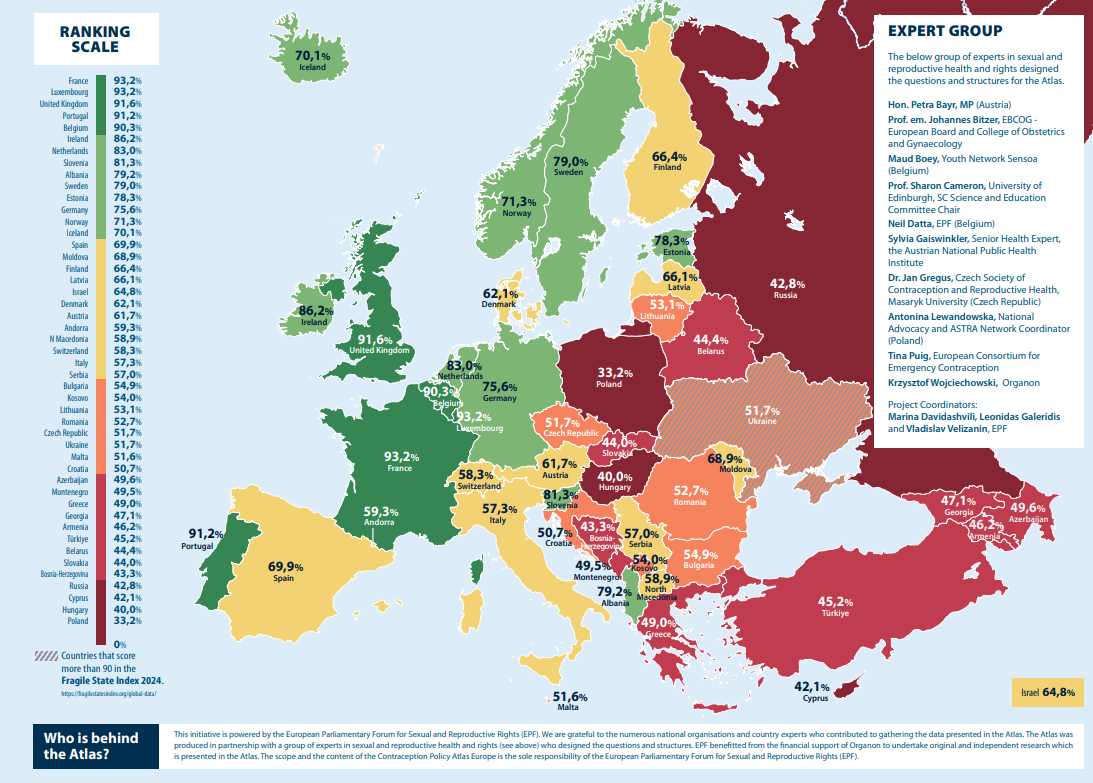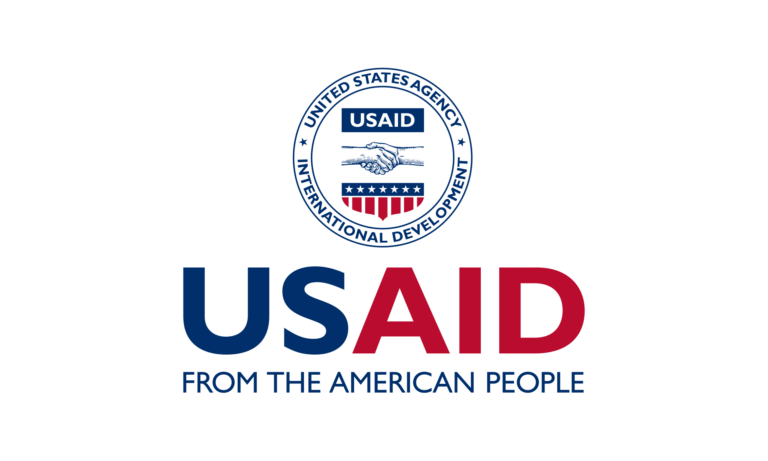
The Power of Advocacy: Reproductive Rights in Europe
Across Europe, access to contraception and reproductive rights varies dramatically. While some countries lead with progressive policies, others impose severe restrictions. Advocacy remains the driving force for change. This blog explores the disparities, the challenges and some of the activists fighting for reproductive freedom.
According to The Guttmacher Institute, 36% of pregnancies in Europe are unintended, a number that has steadily declined over the last 30 years. The reasons for this fall are varied, including improved access to modern contraception and better sexual and reproductive health education. The linchpin of all these improvements is advocacy, people, particularly women’s rights organisations, working on the ground every day to improve the lives of women across the continent.
When you drill down further, the picture across Europe looks very different. A distinct divide in reproductive health exists between the east and the west. We’ll explore some of the reasons why, as well as some of the important work being done by activists.
The European Contraception Policy Atlas
The Contraception Policy Atlas Europe is an annual report by the European Parliamentary Forum for Sexual & Reproductive Rights (EPF). It scores and ranks 47 European countries on contraception access, counselling and government information across the continent.
This year, France and Luxembourg top the rankings (93.2%), offering free consultations, strong public funding and reliable online information. The UK (91.6%) and Portugal (91.2%) also perform well, with Portugal improving access to modern contraceptives and rising from a score of 82.7% in 2024.

We spoke with Dr Teresa Bombas, a gynaecologist and obstetrician at Coimbra Hospital and University Centre in Portugal. As President of the European Society of Contraception and Reproductive Health, she advises policymakers on sexual health and has worked to improve contraception access in Portugal.
“A lot of good work has taken place, but it [The Contraception Atlas] doesn’t tell the whole story,” Dr. Bombas cautioned. “Portugal has good laws but the government doesn’t support access, and while the official information [on government websites] has been updated in the last two years, we have to optimise the population’s access to reproductive health services.”
Dr. Bombas pointed out that while Portugal has invested in contraception, abortion laws are still restrictive and limited services in rural areas leave many women having to overcome challenging barriers to exercise their right to bodily autonomy and choice.
A widening divide between East and West
While Hungary, Cyprus and Russia scored poorly, Poland remains the lowest-ranked country (33.2%). A lack of contraception coverage schemes for adults and absent government-supported websites contribute to their poor scores.
During last year’s Contraception Policy Atlas launch, Polish MEP Robert Biedron stated that the then-new Polish government were devoted to human rights and committed to improving access to contraception. Mr Biedron announced that emergency contraception would soon be available without a prescription, once it had been passed through parliament. One year later, this still has not happened.
Dr. Bombas warns that political commitments mean little without action. “We’ve seen that policies promising improved access can stall unless governments prioritise implementation,” she explains. She also stresses that restrictive policies – whether through outright bans or systemic barriers and misinformation – continue to undermine reproductive rights.
“There is a need to update public knowledge – starting with clear, accessible information from providers. Women must understand their rights, and laws that create barriers to access need to be removed.”
Dr. Teresa Bombas

As governments fail to act, grassroots organisations like ASTRA – the Central and Eastern European Network for Sexual and Reproductive Health and Rights – have stepped in to provide essential advocacy and support. Established in 1999, ASTRA coordinates efforts across 20 countries and 40 organisations.
ASTRA works with partners such as the Federation for Women and Family Planning (FEDERA) in Poland, which fights restrictive abortion laws and provides legal and practical support to women.
“The provision of access to comprehensive sexuality education, contraceptives, abortion, high-quality prenatal testing, and other reproductive services is the policymakers’ duty. Unfortunately, fundamentalists and authoritarian governments do not recognise that fact – but as women’s rights activists, we are here to change that and guarantee choice, protection, and safety for all.”
Antonina Lewandowska, National Advocacy Coordinator of FEDERA
In Hungary, Patent provides legal aid and psychological assistance to victims of violence and reproductive rights violations. The Women’s Resource Center in Armenia empowers women through advocacy, education and support. Together, these groups work to challenge misinformation, push policy changes and provide vital services.
The Power of Advocacy
The Contraception Policy Atlas is a reminder that reproductive rights require constant vigilance. Across Europe, activists, healthcare professionals and advocacy groups are working tirelessly to expand access to contraception.
They also challenge barriers like misinformation, restrictive policies and conscientious objection, which is often used to deny legal reproductive healthcare. While personal beliefs are respected, its widespread use—particularly when entire hospitals refuse care—can leave women without essential services. Advocacy plays a crucial role in ensuring that legal rights translate into real access.
Dr. Bombas acknowledges that, while challenges remain, demand for reproductive rights is growing: “The positive thing is that people are requesting reproductive rights—they want them.”
Networks like ASTRA push for reforms and provide support where government action has stalled. Portugal has made major strides in contraception access, proving that change is possible through sustained advocacy.
As our series of blogs has illustrated, reproductive rights are fragile, but thanks to the dedication of thousands of activists and medical professionals, they are not without defenders. Their work deserves recognition and support to ensure continued progress across Europe and beyond.



